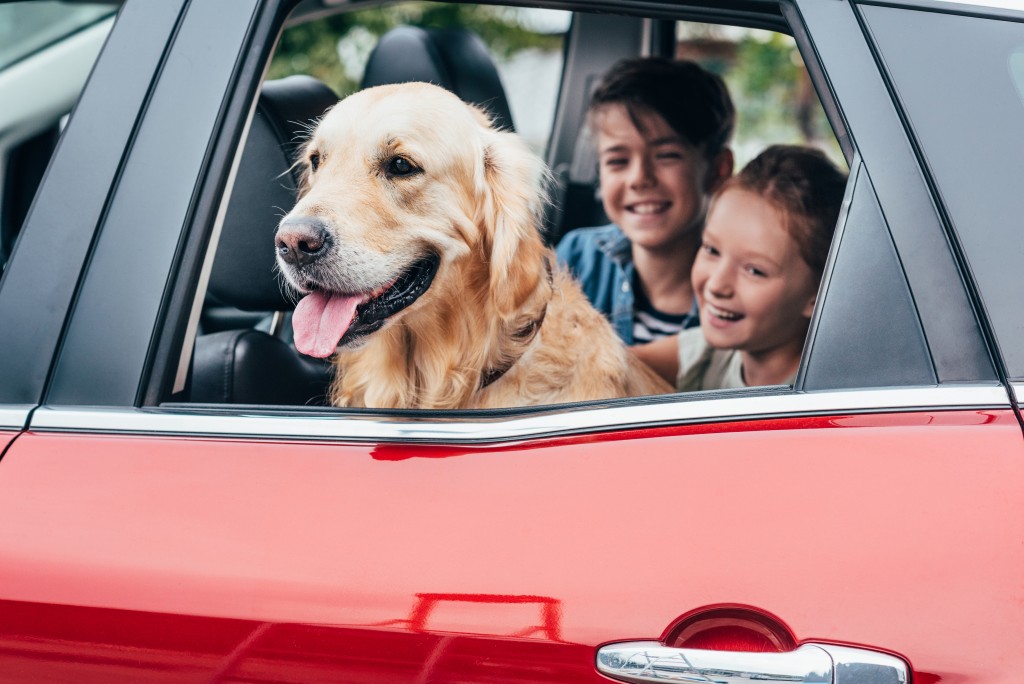Pet ownership can be extremely beneficial for younger children. Parents should consider getting a pet for their family, especially as the global pandemic persists. After more than a year of lockdowns and shelter-in-place measures, children’s prolonged exposure to social isolation can have long-term effects.
A Necessary Best Friend
All the drastic shifts that young children experienced due to COVID-19 can lead to an increased risk for anxiety disorders and clinical depression. Structure and stability are vital elements, especially during the developmental years of a young child. The constant transitions that they’ve been going through, coupled with the decreased access to health care, can be detrimental.
Getting a pet for the household can significantly counteract most of these issues. The sudden outbreak of the global pandemic has slightly increased pet ownership in the U.S. by 3%. Towards the end of the previous year, at least 10% of Americans reported acquiring a new pet than the 7% during the first few months of the pandemic.
Everyday Companion
Studies have shown that pet ownership can help entire families, but most especially for younger children. Generally, pets can help reduce stress and anxiety for their owners. Moreover, it can significantly boost a child’s self-esteem while reducing feelings of loneliness at the same time.
This is extremely important during the global pandemic, which has severely limited avenues for social interactions among kids. The beginning of a vaccine rollout promises the arrival of the post-pandemic world. As the return to normalcy continues to draw nearer, it’s become essential to prepare children’s social and emotional skills.
Working-from-home has become common among parents, so it’s understandable for them to be preoccupied with work. Pets can serve as a companion for children during play, which eases their isolation. They can provide loyalty and affection to younger children when parents are too busy. Pets also help younger children develop and regulate responsible behaviors, teaching them to treat others with respect.
Inescapable Reality

Unfortunately, the loss of a family pet is also an unavoidable circumstance. This can serve to be a young child’s first experience with death. Traditional parents will usually try to protect their children by saying that the pet ran away instead of telling the truth.
Progressive parents should help their children navigate through their feelings of grief. Consider keeping a pet’s remains through burial or cremation. The process of taxidermy has also become a rising alternative to more common funeral methods. Allowing kids an avenue to remember their pets can provide them with the necessary comfort.
Younger children often form strong emotional attachments to their pets. As a result, this event can be quite traumatic for kids, especially if parents cannot handle it properly. Losing a family pet can affect a child’s mental health for at least three years and beyond.
The Value of Truth
Younger children will usually blame themselves or other people if they are led to believe that something other than death happened to their pet. Once they discover the truth, it can cause them to develop certain issues like a lack of trust. This can also lead them to repress any emotions they might be experiencing, which can be carried on later in their life.
Rather than betraying their trust, parents need to confront their children with the truth. Parents should also express their own feelings of grief to reassure their children that sadness is not necessarily an emotion that should be suppressed. Helping kids develop these notions around death at an early age can significantly shape their long-term psychological reactions to similar events in the future.
Learning Through Life
In the end, getting a family pet can provide substantial benefits, especially during the current crisis. However, finding the right pet for a family can sometimes be a difficult process. It’s also important to remember that some pets can also require extensive amounts of money, time, and attention. As long as pets are adopted for the right reason and treated appropriately, these difficulties will easily be outweighed.
The impacts of isolation among younger children can significantly inhibit certain areas of development. Addressing the demand of younger children for more avenues of social interaction is vital. Acquiring pets can be a viable solution for some parents.
Pet ownership can help kids cultivate better social, mental, and emotional behaviors during such a crucial time in their development. Most children will treat pets as family members, so their eventual loss can prove to be a challenging time. Nonetheless, the event can still serve to be a moment for parents to teach their kids about the realities of life.

